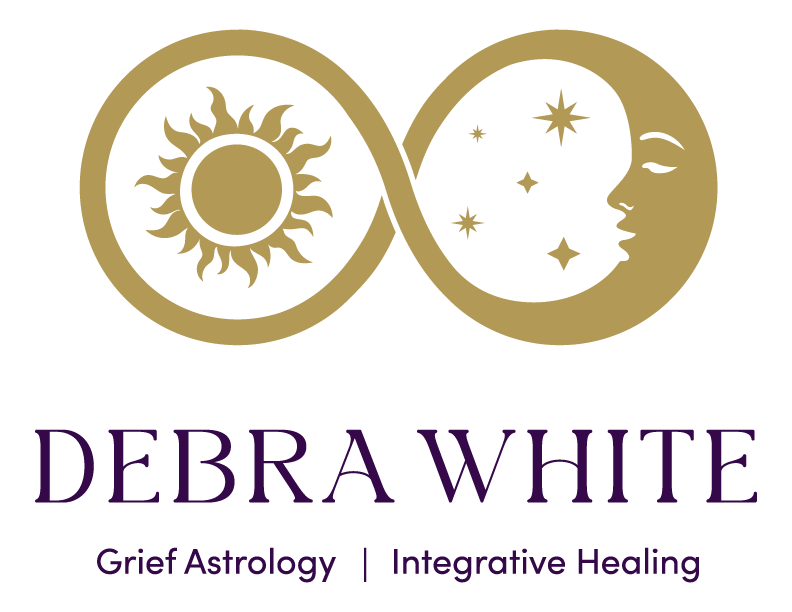Permission Slips for Your Emotions: What If Nothing Needs Fixing?
Someone tries to cheer you up, and you feel your chest tighten. A friend offers well-meaning advice, and you bristle. Or maybe you’re drowning in guilt and whisper to yourself, “Just stop overthinking. Get it together.”
That’s resistance talking.
And here’s the hard truth: the more we try to fix our emotions—ours or anyone else’s—the more they dig in their heels.
But what if emotions aren’t problems to solve? What if they’re messengers, waiting for permission to speak their difficult truths?
The Irony We All Live
We hate when people try to fix our feelings. Someone drops a silver lining on our grief, and we pull away. A friend says, “Don’t cry—it’ll be okay,” and our sadness stiffens into rage.
Yet we do the same thing to ourselves. Every single day.
We tell guilt to calm down. We shove anger into a corner. We whisper to our despair, “You’ve had enough airtime—move on already.”
But here’s what I’ve learned in my work with grief and emotional healing: emotions don’t disappear when we shut the door on them. They pound harder, demanding to be heard.
Your feelings aren’t misbehaving. They’re trying to tell you something your mind doesn’t want to hear.
The Guilt That Assigns Us Superpowers
Let’s talk about guilt—that emotion we love to hate but cling to like a life raft.
Guilt whispers seductive lies: “If only you had done this differently, everything would be okay.” It assigns us superpowers we never had, control over outcomes we could never have prevented.
"What if I had stayed longer?"
"What if I had known this was coming?"
"What if I had said something different?"
"If only I had loved better..."
"If only I had been more present..."
Guilt would rather have you believe you’re all-powerful and failing than admit you’re human and powerless. It’s a brutal kind of self-protection—choosing the illusion of control over the raw truth that some things are simply beyond your reach.
But what if the permission slip isn’t to “release the guilt”? What if it’s permission to not be the one who could have prevented the unpreventable?
I give myself permission not to be responsible for outcomes that were never mine to control.
I give myself permission to be human-sized, not god-sized.
I give myself permission to have done my best with what I knew then.
Permission for the Messy Emotions
We’ve been taught to welcome some emotions—love, gratitude, joy—and exile others. Rage and despair are shown the door. But your heart doesn’t sort feelings into “good” and “bad.” It simply feels what it feels in response to being human in a world that breaks us open.
I give myself permission to feel furious about this unfairness.
I give myself permission to feel consumed by sadness without pretending I’m grateful for the lesson.
I give myself permission to feel terrified of the future without manufacturing hope.
I give myself permission to feel nothing at all when everyone expects me to feel something.
These aren’t comfortable permission slips. They don’t fit on inspirational graphics. They’re raw, vital truths that live in the spaces between what we’re supposed to feel and what we actually feel.
Nothing Lasts Forever (Not Even This)
Like the moon in her eternal dance, emotions have their own cycles. The rage that feels permanent today will shift and soften. The guilt that seems to define you right now is not your final destination. Even the numbness that terrifies you isn’t your new forever.
This doesn’t mean your pain isn’t real. It means that beneath even the darkest emotional night, there are cycles of change happening. Your heart knows how to move through seasons of feeling, just as the earth knows how to move through seasons of weather.
The moon doesn’t apologize for her phases. She doesn’t rush from new to full to heal our impatience. She trusts the rhythm of her own becoming.
What if you could trust the rhythm of your emotional becoming?
The Sacred Territory of Feeling
This is the work I call Grief Alchemy—not the elimination of difficult emotions, but the sacred art of witnessing them without needing to escape, fix, or spiritually bypass them. It’s learning to sit in the fire of feeling until it transforms on its own timeline.
In this work, we explore how rage can reveal what matters to you. How despair can crack you open to a deeper capacity for joy. How guilt can show you the depth of your love, even as you learn to stop carrying what was never yours to hold.
This isn’t about forcing meaning from pain. It’s about cultivating the fierce tenderness to feel what’s true without making it prettier than it is.
A Permission Slip for Right Now
Close your eyes for a moment. Place your hand on your heart and take a slow, deep breath.
What emotion have you been fighting? What feeling have you been trying to fix, rush, or shame into submission?
Write yourself a permission slip—not for the sanitized version of the feeling, but for the raw, honest truth of it:
“I give myself permission to feel … without fixing it, rushing it, or making it more palatable for others.”
Read it aloud. Let your nervous system absorb this radical act of self-compassion.
You don’t need to earn the right to feel difficult emotions. They’re not evidence of your weakness or spiritual failure. They’re evidence of your humanity, your capacity to love, your courage to stay present with life even when it breaks your heart.
If you’re ready to explore the sacred territory of emotions without rushing to fix them, I invite you into Grief Alchemy—a course in witnessing your feelings until they reveal their medicine. Sometimes the most radical thing you can do is give yourself permission to feel exactly what you feel, exactly as you feel it.
